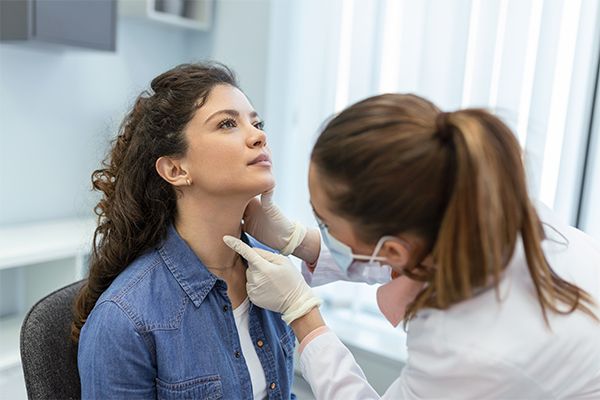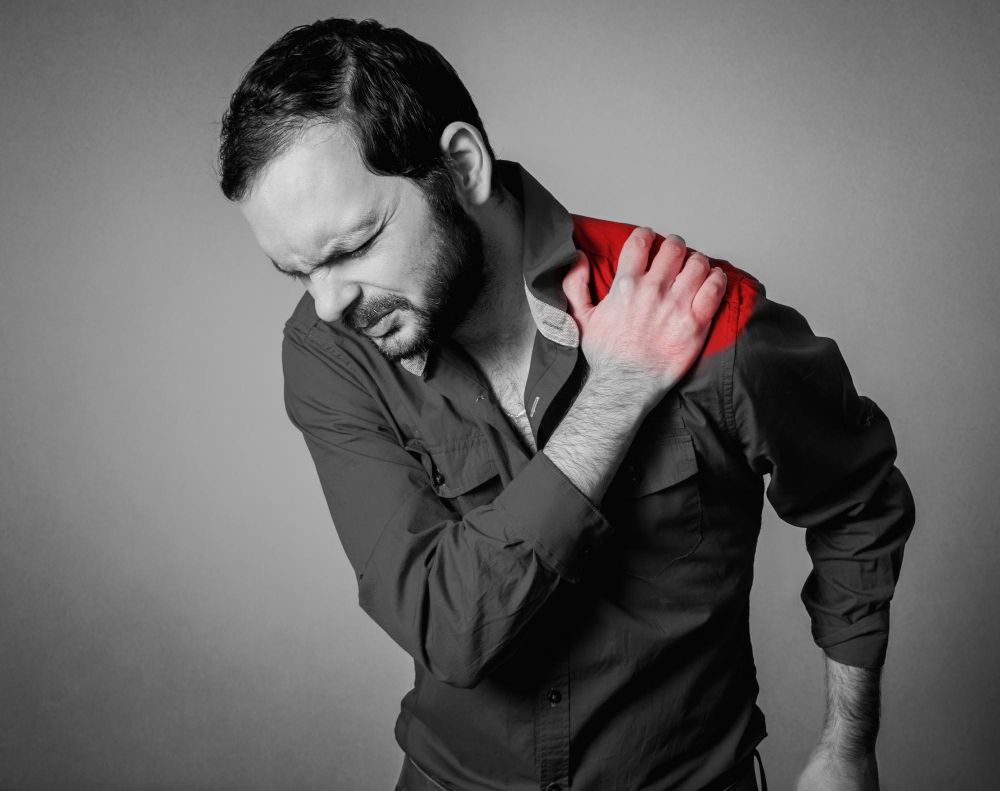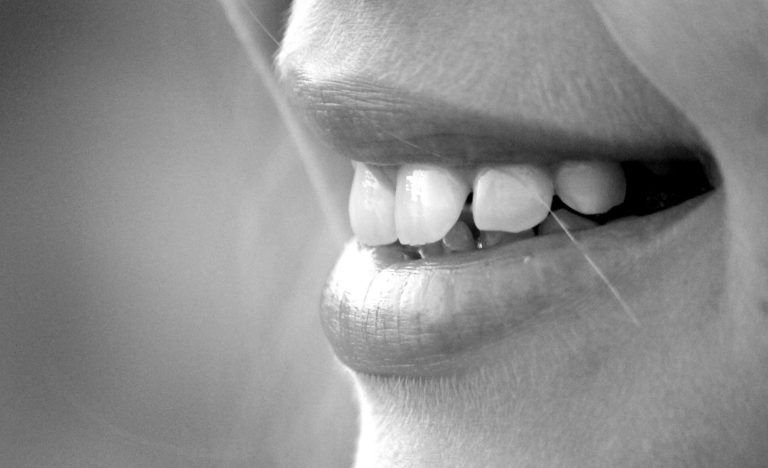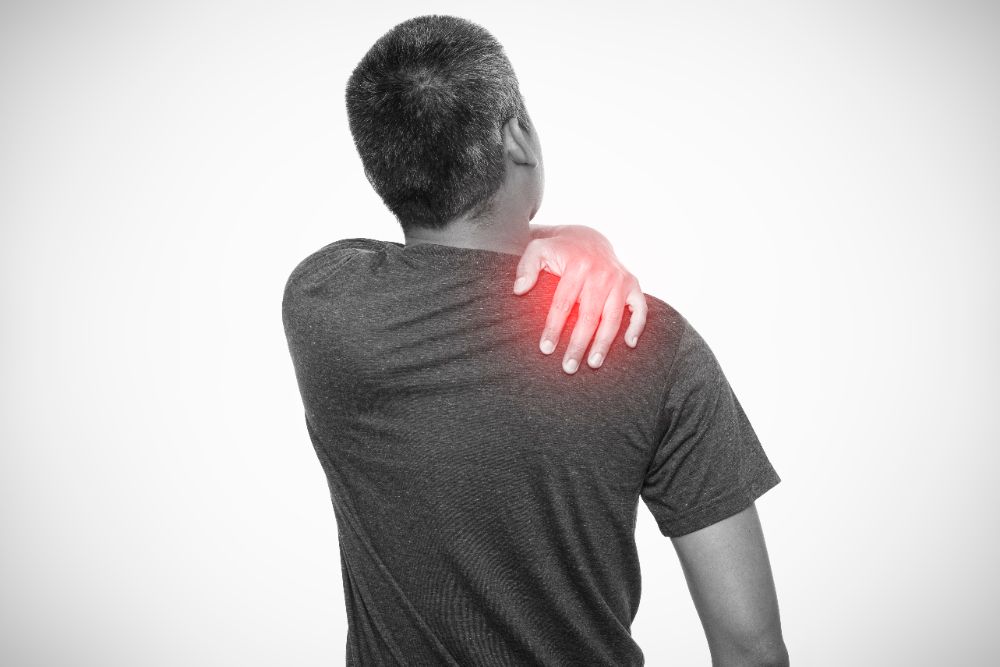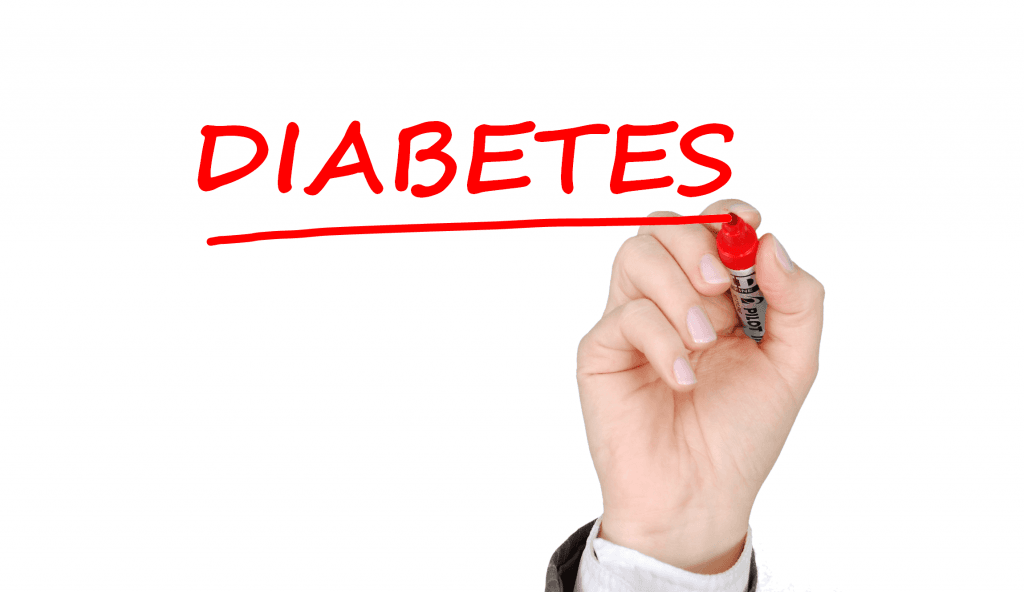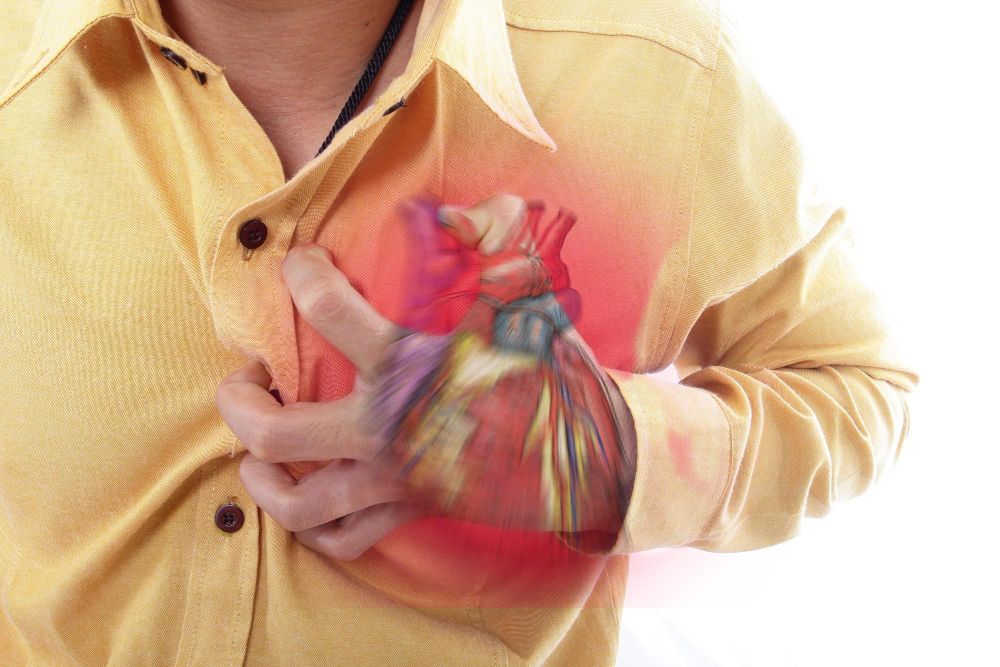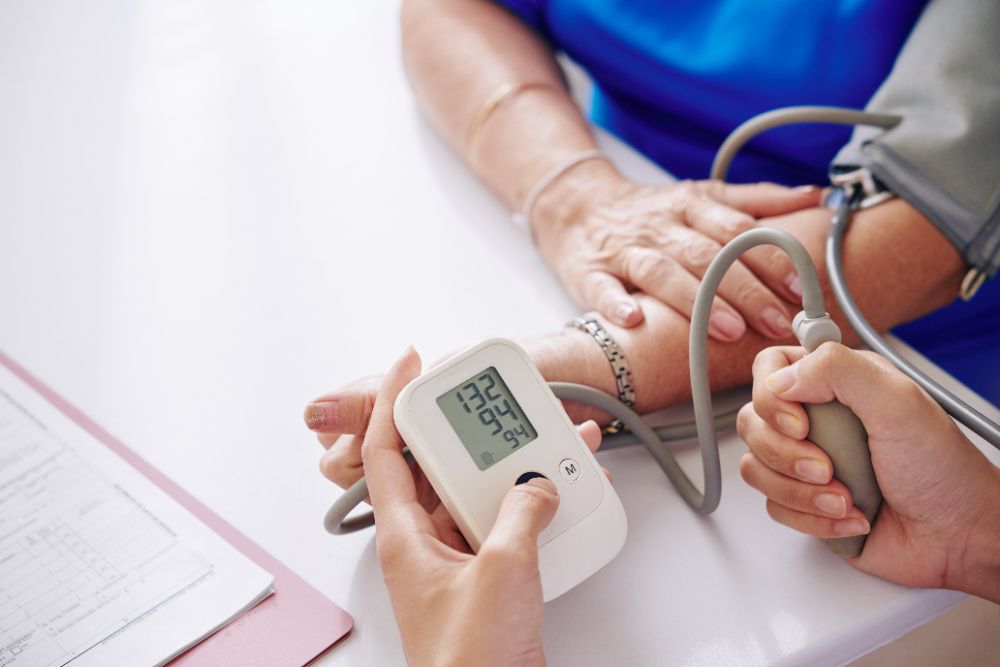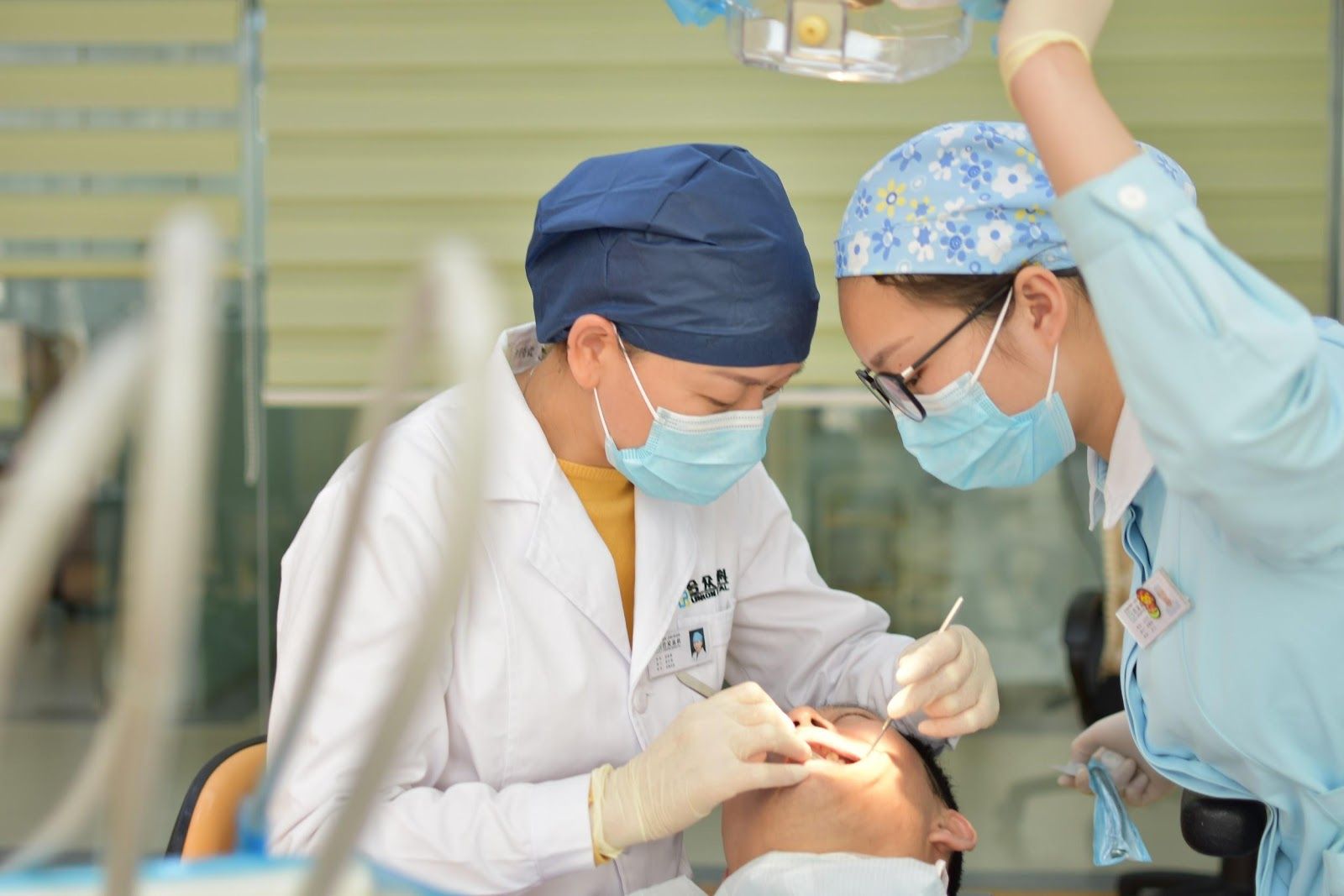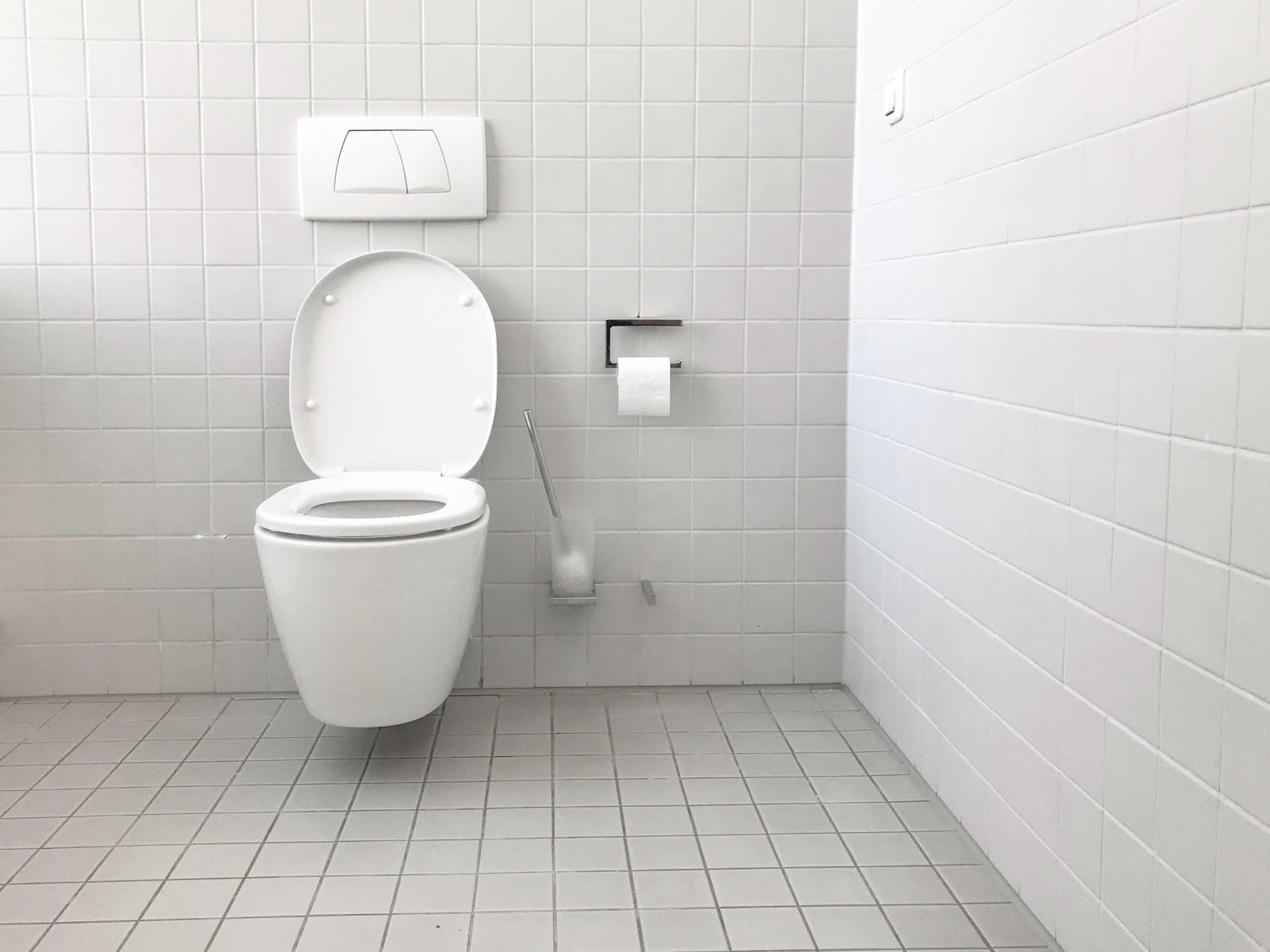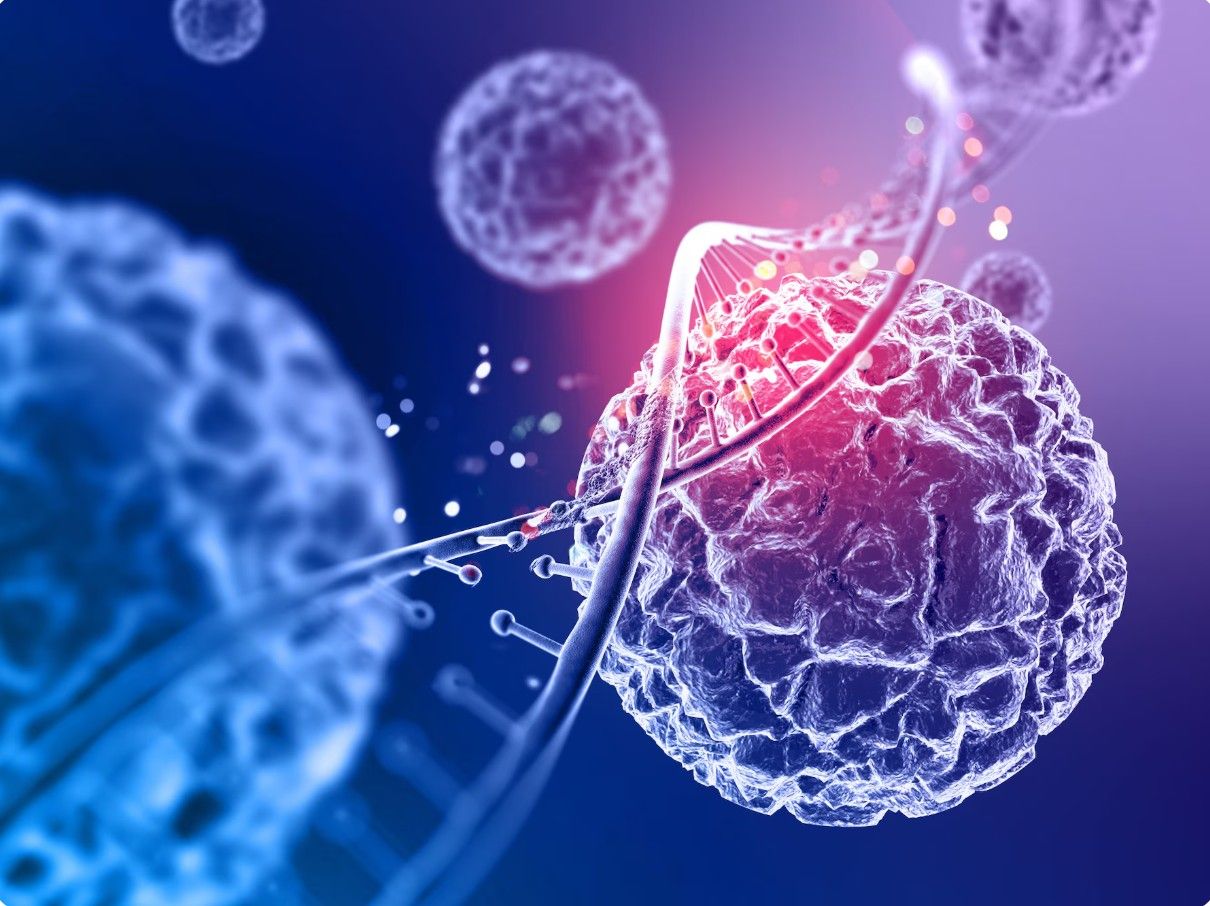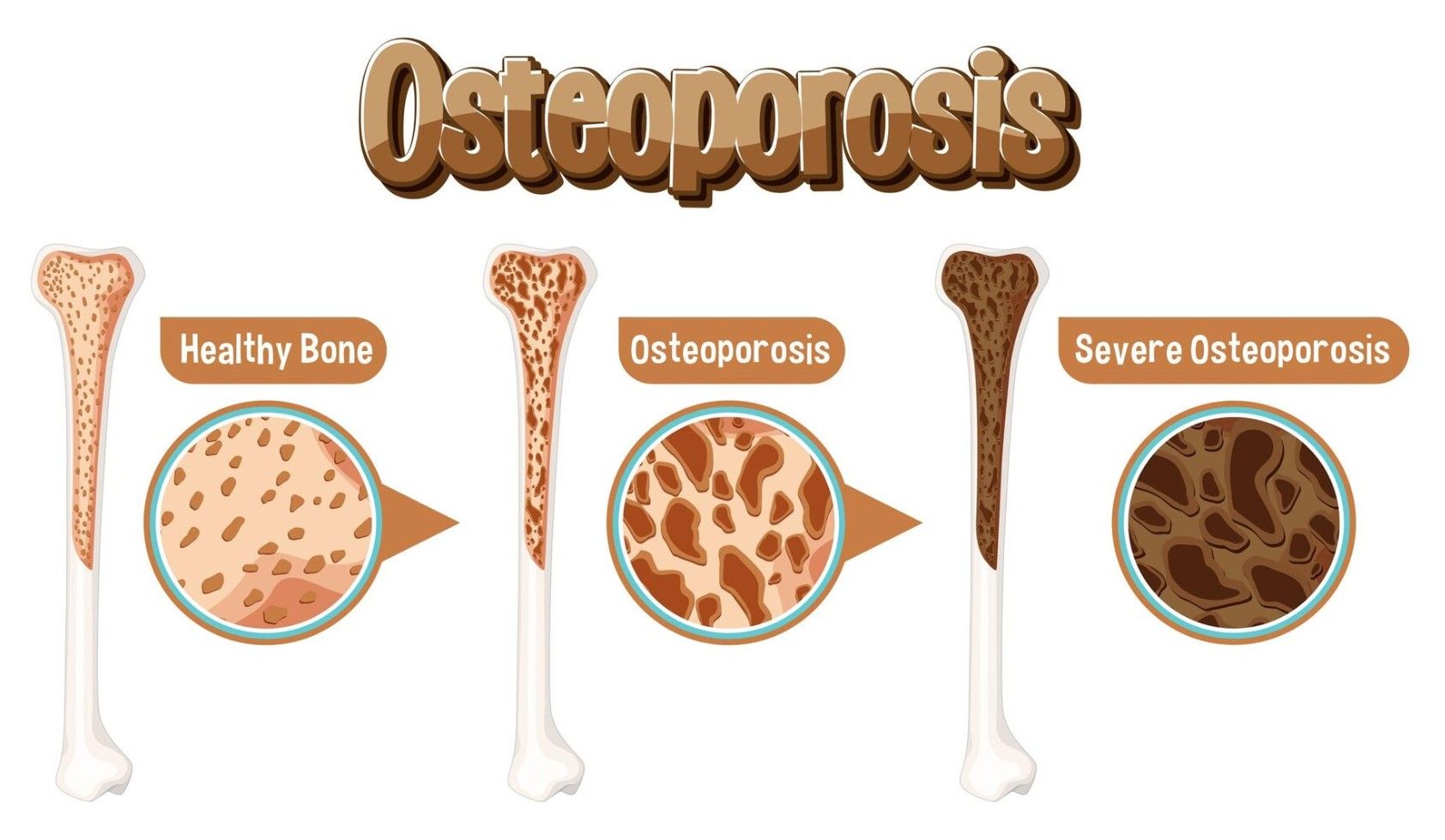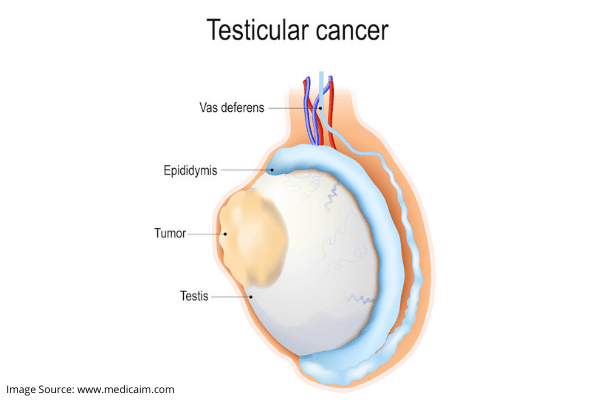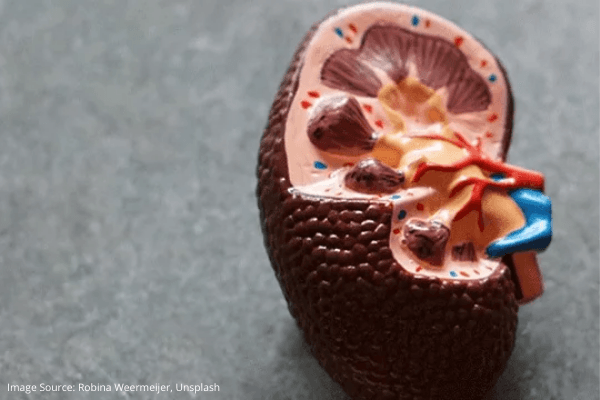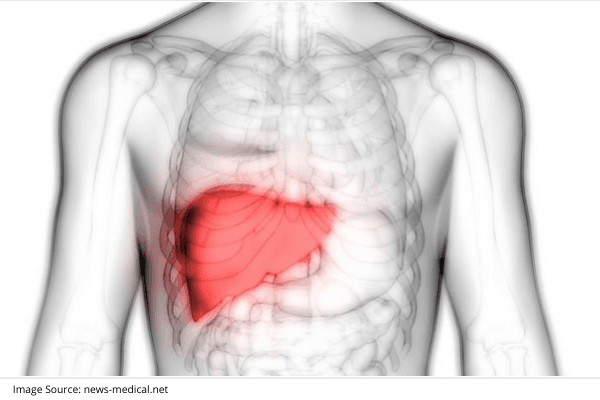Thyroidectomy: Understanding The Procedure and Its Implications
Thyroid disorders have become increasingly prevalent, affecting millions worldwide. While medication and lifestyle changes can manage many thyroid conditions, some cases require a more direct intervention: thyroidectomy. Delving deeper into this surgical procedure provides insights into its purpose, benefits, and potential complications.
What is Thyroidectomy?
A thyroidectomy is a surgical procedure that involves the partial or complete removal of the thyroid gland. Located in the neck, the thyroid plays a pivotal role in the endocrine system, producing hormones that regulate metabolism, energy, and growth.
Why Undergo a Thyroidectomy?
Several conditions may necessitate the removal of the thyroid:
Goiter: An enlargement of the thyroid gland, which can become so large that it interferes with breathing or swallowing.
Thyroid Cancer: To treat or prevent the spread of malignant thyroid tumors.
Hyperthyroidism: Overproduction of thyroid hormones can sometimes be best treated with a thyroidectomy, especially if other treatments fail or aren't viable.
Thyroid Nodules: These can be benign or malignant, but removal can be essential if they lead to overproduction of thyroid hormones or if cancer is suspected.
The Procedure: What to Expect
- Types of Thyroidectomy:
- Total Thyroidectomy: Complete removal of the thyroid gland.
- Partial Thyroidectomy: Only a portion of the thyroid is removed, usually when treating a benign nodule or lesion.
- Lobectomy: One lobe of the thyroid is removed.
Procedure: Patients are typically under general anesthesia. The surgeon makes an incision in the middle of the neck to access and remove the thyroid. The incision's size and placement can vary based on the reason for surgery and the surgeon's approach.
Duration: A thyroidectomy usually lasts between 2 to 3 hours.
Recovery and Post-Surgical Care
The recovery period varies for each patient. Many can go home the same day, while others might require a short hospital stay. Some common post-operative experiences include:
Pain: Mild to moderate neck pain or a sore throat is common but can be managed with prescribed pain relievers.
Voice Changes: Some people may experience temporary hoarseness or voice changes due to the proximity of the thyroid gland to voice box nerves.
Calcium Levels: Since the parathyroid glands (which regulate calcium) are near the thyroid and might be inadvertently affected, there's a potential for fluctuating calcium levels. Symptoms can include tingling in the hands, feet, or lips.
Regular follow-ups are essential to monitor recovery, adjust medications, and ensure the body's calcium and hormone levels are balanced.
Life After Thyroidectomy
Since the thyroid is pivotal for hormone production, its removal often necessitates hormone replacement therapy. Patients usually need to take synthetic thyroid hormones for the rest of their lives. Regular blood tests will ensure the correct dosage, maintaining proper hormone balance and metabolism.
Potential Risks and Complications
As with any surgical procedure, a thyroidectomy rarely carries risks such as:
Bleeding: In rare cases, patients may experience post-operative bleeding which can press on the windpipe.
Infection: Proper wound care reduces this risk.
Nerve Damage: The surgery could potentially damage nerves linked to the vocal cords, which could result in voice changes.
Parathyroid Gland Damage: These glands regulate the body's calcium levels, and their function could be impacted temporarily or permanently.
Conclusion
A thyroidectomy, while a significant procedure, can be the best course of action for various thyroid-related conditions. As with all medical decisions, it's paramount to consult with healthcare professionals and understand the benefits, risks, and post-operative care required. With advancements in surgical techniques and post-operative care, many patients go on to lead healthy, normal lives after a thyroidectomy.
Ten Effective Remedies That You Can Refer to When You Are Suffering from Muscle Cramps
Finally starting off with the gym life can get too overwhelming until you hit those muscle cramps along with the weights.
Skin Tags - Benign Tumor or Cancerous Tumor?
Skin tag if observed is a narrow stalk that hangs about your skin, bulging at the end. They are usually freshly colored and can grow anywhere on your body.
Rotator Cuff Tear
A rotator cuff tear is a rotator cuff injury that can cause shoulder pain and loss of arm function. The rotator cuff is a set of muscles and tendons in your shoulder.
Importance of Parental Counselling
Right from the moment you tell your friends and family about your pregnancy, little hints keep coming your way on parenting your unborn child!
Taking Care of a Terminal Patient? Here Are Six Ways to Help Them to the Fullest
A terminally ill patient is someone who has a relatively short life expectancy. Terminally ill people are usually shifted from an actively curative medicinal regime
Stages of Tooth Decay and Their Treatment Options
Tooth decay refers to the degradation process of the structure of the tooth resulting in permanent damage.
12 Home Remedies for Dry Cough
The flu, common cold, asthma, cigarette smoke exposure, and other conditions can all cause a dry cough. Home remedies such as honey, peppermint, and air purifiers may be beneficial.
Shoulder Dislocation
Shoulder dislocation occurs when the bones of your shoulder joint are pushed or forced out of their normal positions.
5 Facts to Keep in Mind for Your Monthly Menstruation Cycle
Our menstruation indicates multiple activities within your body. Every month, your uterus forms a thicker lining for the ovary to release an egg for a possible pregnancy.
Different Types of Diabetes
Junk food and increasing physical activity are leading to a worldwide epidemic of obesity, resulting in diseases like diabetes
Dilated Cardiomyopathy
Dilated cardiomyopathy is a form of heart muscle illness in which the heart chambers (ventricles) weaken and stretch, becoming bigger.
Hypertension (High Blood Pressure)
High blood pressure, also known as hypertension, is a condition in which the blood flow against the inner walls of the arteries is persistently high.
3 Cosmetic Dentistry Procedures You Did Not Know About
Over the past few years, cosmetic dentistry has undergone significant evolution in society. With the increasing demand for cosmetic dentistry, it is no longer a luxury; it has become a necessity.
5 Lifestyle Changes That Will Help with Your Urinary Incontinence
Urinary Incontinence is quite a painful and embarrassing condition to have. It refers to the loss of bladder control, which can vary from a slight release of urine after sneezing, coughing, or laughing, to a complete inability to control urination.
5 Tips This Summer to Avoid Heatstroke
Certain jobs demand fieldwork in the scorching heat. The warm weather, bright sun, and the blue skies are not always an excellent working environment for them at all.
6 Home Remedies for Yeast and Vaginal Infections
Yeast infection is common among women. You might have had the experience of irritating soreness and itching that prolonged for days due to not knowing about the cause.
Aortic Dissection
An aortic dissection is a tear in the aorta. This is the primary artery that transports oxygen-rich blood from your heart to the rest of your body.
Bariatric Surgery and Weight Loss
Bariatric surgery, also known as weight loss surgery, is performed on individuals suffering from obesity. It involves a variety of procedures that help maintain long-term weight loss and also aid in treating obesity.
Best Foods to Cleanse Your Liver
Your liver is one of the largest organs in your body and its primary function is to filter the system by converting toxins to waste products, cleansing your blood and process various nutrients.
Infertility and its Major Causes and Treatments
Infertility is an issue that’s on the rise – not just in India but all over the world. It’s estimated that, on average, one out of every six couples has had issues with infertility.
Precautions to be Taken to Avoid Eosinophilia
Let’s begin with talking about eosinophils – they are just a type of white blood cells that are laden with reactive chemicals which get released under specific conditions to cause mayhem in the body
What is BMD Assessment and its Significance in Treating Osteoporosis
Osteoporosis is that creepy monster lurking in the dark, waiting to manifest itself as you age and get less active.
Signs of Testicular Cancer
Men have a pair of testicles located in a sac-like pouch called the scrotum. It forms part of their reproductive system and are responsible for sperm production.
Signs and Symptoms of Kidney Stone
Your kidneys are very important organs in the body; they regulate water content, filter waste from blood, and produce hormones.
Treatment For Liver Failure
Treatment for liver failure depends largely on the causative agent; for example of it’s due to hepatitis virus infection, then hydration and supportive care needs to be provided while the body’s immune system fights back. If it’s due to gallstones,
Related Blogs
Ten Effective Remedies That You Can Refer to When You Are Suffering from Muscle Cramps
Finally starting off with the gym life can get too overwhelming until you hit those muscle cramps along with the weights.
Skin Tags - Benign Tumor or Cancerous Tumor?
Skin tag if observed is a narrow stalk that hangs about your skin, bulging at the end. They are usually freshly colored and can grow anywhere on your body.


